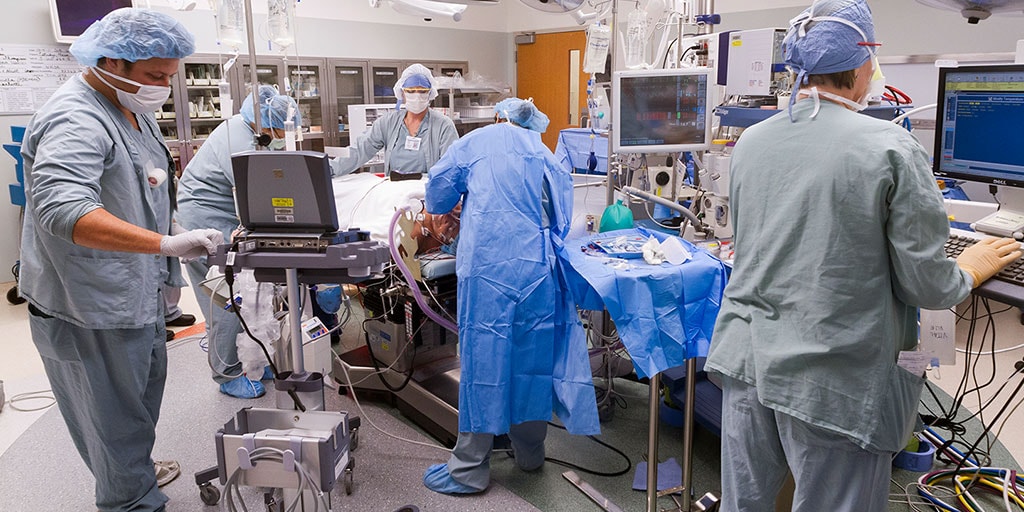Gastroenteritis, often called the stomach flu, is a troublesome yet common condition. If you’ve ever had it, you know how unpleasant it can be. But what exactly is gastroenteritis, and how can you recognize its signs? Let’s dive in and explore this topic in detail.
What is Gastroenteritis?
Gastroenteritis is an inflammation of the stomach and intestines, primarily causing diarrhea, vomiting, and abdominal pain. It’s typically a short-term illness, but its severity can vary greatly, making it important to understand its key signs and symptoms.
Common Causes of Gastroenteritis
Understanding what causes gastroenteritis can help you avoid it. There are several culprits, including viruses, bacteria, and parasites.
Viral Infections
Viruses are the most common cause of gastroenteritis. Norovirus and rotavirus are the usual suspects. These tiny invaders are highly contagious and spread rapidly, especially in crowded places.
Bacterial Infections
Bacteria such as E. coli, Salmonella, and Campylobacter can also cause gastroenteritis. These bacterial infections often stem from consuming contaminated food or water.
Parasitic Infections
Parasites like Giardia lamblia can lead to gastroenteritis, especially in areas with poor sanitation. These infections might not be as common, but they can be severe and long-lasting.
How Gastroenteritis Spreads
Knowing how gastroenteritis spreads is crucial in preventing it. The transmission methods are often related to hygiene and sanitation practices.
Person-to-Person Transmission
Close contact with an infected person can easily spread gastroenteritis. Sharing utensils, touching contaminated surfaces, or even a simple handshake can be enough to transfer the virus or bacteria.
Contaminated Food and Water
Consuming food or water contaminated with pathogens is a leading cause of gastroenteritis. This contamination can occur at any stage, from food processing to preparation.
Poor Hygiene Practices
Inadequate handwashing after using the restroom or before eating can lead to the spread of gastroenteritis. Good hygiene practices are vital in controlling its spread.
Recognizing the Symptoms
The symptoms of gastroenteritis can be quite varied, but they generally fall into two main categories: digestive and systemic symptoms.
Digestive Symptoms
Digestive symptoms are the hallmark of gastroenteritis. They can be uncomfortable and disruptive to daily life.
Diarrhea
One of the most common signs is diarrhea. It can range from mild to severe and often comes on suddenly, leading to frequent, watery bowel movements.
Vomiting
Vomiting is another telltale sign. It can occur along with diarrhea or on its own, and it can be intense, sometimes leading to dehydration.
Systemic Symptoms
Gastroenteritis doesn’t just affect the digestive system; it can cause systemic symptoms as well.
Fever
A mild to moderate fever often accompanies gastroenteritis. This is your body’s way of fighting off the infection.
Fatigue
Feeling extremely tired or fatigued is common. The body uses a lot of energy to combat the infection, leaving you drained.
Dehydration: A Major Concern
Dehydration is a significant risk with gastroenteritis, especially if vomiting and diarrhea are severe. Recognizing and addressing dehydration is crucial.
Signs of Dehydration
Signs of dehydration include dry mouth, extreme thirst, dark urine, and dizziness. In severe cases, it can lead to confusion and fainting.
Preventing Dehydration
To prevent dehydration, it’s important to drink plenty of fluids. Oral rehydration solutions (ORS) are particularly effective as they replace lost electrolytes.
Diagnosing Gastroenteritis
When you experience symptoms of gastroenteritis, it’s important to seek a proper diagnosis to ensure appropriate treatment.
Medical History and Physical Examination
Doctors will start with a thorough medical history and physical examination. They’ll ask about your symptoms, recent food intake, and any contact with infected individuals.
Laboratory Tests
In some cases, laboratory tests may be necessary. These can include stool samples to identify the specific cause of the infection.
Treatment Options
Treatment for gastroenteritis typically focuses on relieving symptoms and preventing dehydration.
Home Remedies and Hydration
Staying hydrated is the top priority. Sip clear fluids, and try eating small, bland meals like toast or rice to keep your energy up without irritating your stomach.
Medications
Over-the-counter medications like anti-diarrheals and anti-nausea drugs can help, but they’re not always recommended for everyone. Always consult a doctor before taking these medications.
When to See a Doctor
It’s important to see a doctor if symptoms are severe, if there’s blood in your stool or vomit, or if dehydration symptoms are present and worsening.
Preventive Measures
Preventing gastroenteritis is largely about good hygiene and safe food practices.
Good Hygiene Practices
Wash your hands frequently, especially after using the restroom and before eating. Use soap and water or an alcohol-based hand sanitizer.
Safe Food Handling
Ensure food is cooked thoroughly and stored properly. Avoid raw or undercooked foods, and always wash fruits and vegetables before eating them.
Vaccinations
Vaccines, such as the rotavirus vaccine, can prevent certain types of gastroenteritis. These are particularly recommended for young children.
Conclusion
Gastroenteritis can be an unpleasant experience, but understanding its signs, symptoms, and prevention methods can help you manage and avoid it. Stay informed, practice good hygiene, and seek medical advice when necessary to keep this troublesome illness at bay.
FAQs
1. What are the first signs of gastroenteritis? The first signs often include sudden onset of diarrhea and vomiting, accompanied abdominal cramps and sometimes fever.
2. How long does gastroenteritis usually last? Most cases of gastroenteritis last a few days to a week, depending on the cause and severity of the infection.
3. Can gastroenteritis be prevented? Yes, practicing good hygiene, ensuring safe food handling, and getting vaccinated against certain viruses, you can reduce your risk of gastroenteritis.
4. Is gastroenteritis contagious? Yes, gastroenteritis is highly contagious and can spread through direct contact with an infected person or contaminated food and surfaces.
5. When should I seek medical help for gastroenteritis? Seek medical help if you experience severe symptoms, signs of dehydration, or if symptoms persist for more than a few days.




